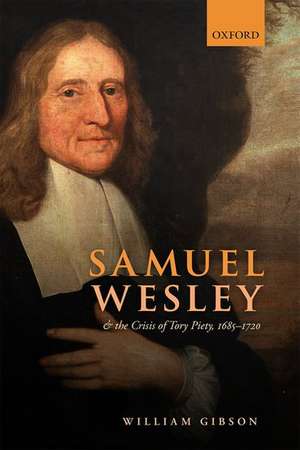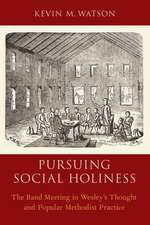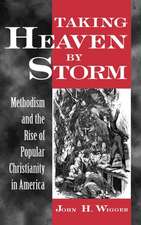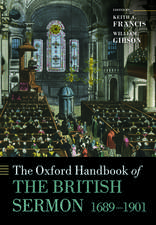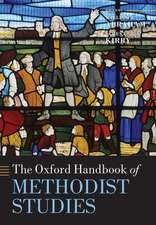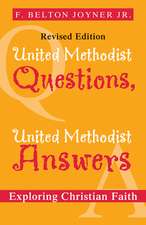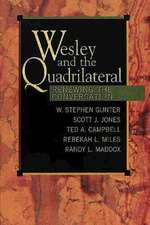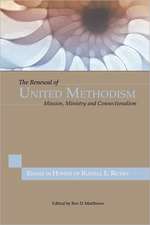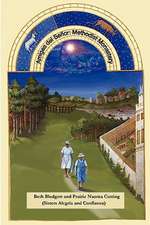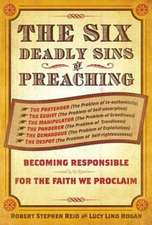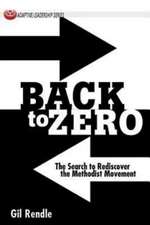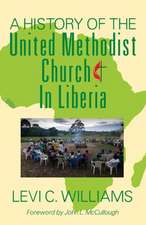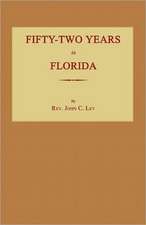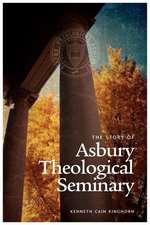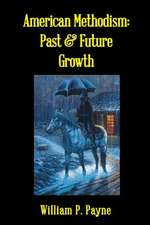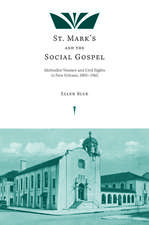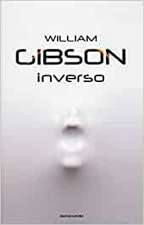Samuel Wesley and the Crisis of Tory Piety, 1685-1720
Autor William Gibsonen Limba Engleză Hardback – 2 mar 2021
Preț: 613.35 lei
Preț vechi: 824.85 lei
-26% Nou
Puncte Express: 920
Preț estimativ în valută:
117.37€ • 125.50$ • 97.86£
117.37€ • 125.50$ • 97.86£
Carte disponibilă
Livrare economică 17-24 martie
Preluare comenzi: 021 569.72.76
Specificații
ISBN-13: 9780198870241
ISBN-10: 0198870248
Pagini: 256
Ilustrații: 11 halftones
Dimensiuni: 165 x 245 x 20 mm
Greutate: 0.54 kg
Ediția:1
Editura: OUP OXFORD
Colecția OUP Oxford
Locul publicării:Oxford, United Kingdom
ISBN-10: 0198870248
Pagini: 256
Ilustrații: 11 halftones
Dimensiuni: 165 x 245 x 20 mm
Greutate: 0.54 kg
Ediția:1
Editura: OUP OXFORD
Colecția OUP Oxford
Locul publicării:Oxford, United Kingdom
Recenzii
This is an excellent and sympathetic study of Samuel Wesley's High Church world.
In the end, William Gibson's excellent study of Samuel Wesley is less about the crisis of Tory piety than it is about the crisis of Tory politics ... in the process, Gibson invites us to think afresh about the origins of Methodism and the family and milieu from which the Wesley brothers emerged.
In his justly-admired biography of John Wesley, Henry Rack concluded that '[John] Wesley seems to have adopted his father's Hanoverian Toryism rather than his monther's religious Jacobitism'. Gibson's book provides a thorough explanation for this auspicious development
Gibson's highly readable, historically sure-footed and insightful book succeeds in casting light on a neglected period in the history of the Church of England, and on the impact on ecclesial and domestic life of the events of the Long Glorious Revolution
Gibson, author of The Church of England 1688-1832: Unity and Accord (2001) is a proven master of English ecclesiastical history relating to the long eighteenth century. This status is blisteringly apparent from his command of sources, texts, and arguments in this new exploration of Samuel Wesley, the grandfather of Wesleyanism.
Gibson's book is both enlightening and helpful for Methodist historians as well as those interested in seventeenth and eighteenth century English history.
In the end, William Gibson's excellent study of Samuel Wesley is less about the crisis of Tory piety than it is about the crisis of Tory politics ... in the process, Gibson invites us to think afresh about the origins of Methodism and the family and milieu from which the Wesley brothers emerged.
In his justly-admired biography of John Wesley, Henry Rack concluded that '[John] Wesley seems to have adopted his father's Hanoverian Toryism rather than his monther's religious Jacobitism'. Gibson's book provides a thorough explanation for this auspicious development
Gibson's highly readable, historically sure-footed and insightful book succeeds in casting light on a neglected period in the history of the Church of England, and on the impact on ecclesial and domestic life of the events of the Long Glorious Revolution
Gibson, author of The Church of England 1688-1832: Unity and Accord (2001) is a proven master of English ecclesiastical history relating to the long eighteenth century. This status is blisteringly apparent from his command of sources, texts, and arguments in this new exploration of Samuel Wesley, the grandfather of Wesleyanism.
Gibson's book is both enlightening and helpful for Methodist historians as well as those interested in seventeenth and eighteenth century English history.
Notă biografică
William Gibson is Professor of Ecclesiastical History and Director of the Oxford Centre for Methodism and Church History at Oxford Brookes University. Professor Gibson has written widely on the Church and politics in the post-Restoration period. He is editor of the Journal of Religious History, Literature and Culture, and a fellow of the Royal Historical Society and the Society of Antiquaries.
